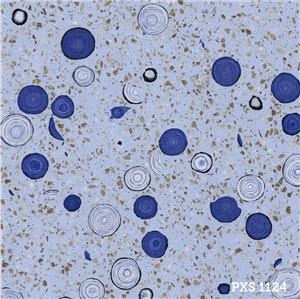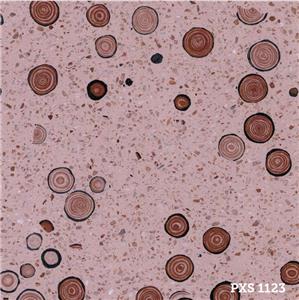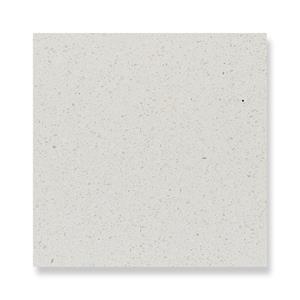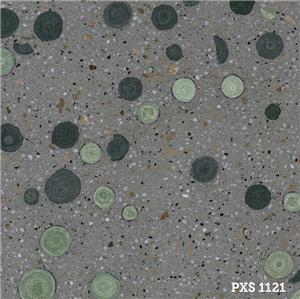A Guide to Artificial Quartz Countertops
Designing a kitchen offers an array of options, each decision playing a crucial role. Among the many considerations—countertop material, color schemes, backsplash designs—selecting the right material stands paramount.
For countless homeowners, artificial quartz emerges as the preferred choice for countertops, and with good reason. This article explores the myriad advantages of this engineered material and why it stands out as the optimal selection for any countertop project.
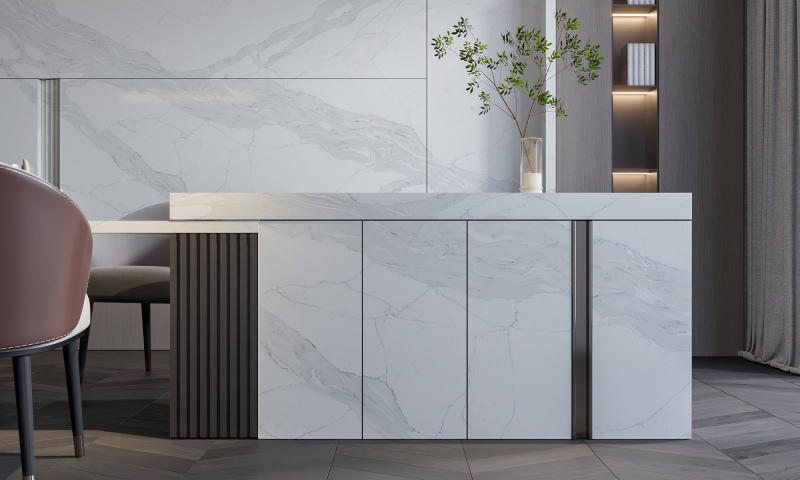
What is artificial quartz?
Quartz is a man-made product crafted from natural materials, primarily consisting of 90% natural quartz powder and 10% resins and pigments. This combination results in a robust and resilient surface. Its exceptional hardness distinguishes quartz from other countertop materials.
Renowned for its durability, quartz is among the toughest options available. Its longevity minimizes environmental impact, as it requires less frequent replacement compared to alternative countertop materials.
PENGXIANG specializes in manufacturing high-quality quartz countertops that blend striking aesthetics with durability, offering a host of benefits to homeowners. These countertops replicate the luxurious look and tactile appeal of popular materials like marble and granite.
How durable is an artificial quartz counter?
Artificial quartz countertops are exceptionally durable, making them ideal for high-traffic areas like kitchens and bathrooms. With a rating of 7 on the Mohs hardness scale, quartz is among the hardest materials available for countertops. This durability is reflected in the warranties offered by manufacturers, ensuring that these countertops can withstand years of use without the need for frequent replacements.
Are quartz countertops heat-resistant?
Quartz countertops are highly regarded for their heat resistance, making them a favored choice among homeowners. However, it's crucial to recognize that quartz is not entirely heat-proof. While it can withstand moderate heat for short durations, exposure to extreme temperatures can lead to burn marks on the surface, which are permanent and cannot be repaired.
To preserve the aesthetic appeal and longevity of quartz countertops, it's recommended to use heat pads or trivets under hot cookware or appliances. This precautionary measure helps prevent any potential damage from heat and ensures the countertops remain beautiful and functional for years to come.
How about porosity?
Engineered quartz excels in porosity, boasting a non-porous nature that sets it apart. Unlike porous countertops that are harder to clean and less durable, quartz's non-porous surface prevents the accumulation of bacteria. This feature not only enhances durability but also reduces health risks.
Additionally, because quartz is non-porous, it does not require sealing, which minimizes maintenance costs and simplifies upkeep. This makes quartz countertops a practical and hygienic choice for kitchens and bathrooms alike.
Are quartz countertops easy to maintain?
Quartz countertops are easy to clean and maintain. Regular cleaning can be accomplished using warm water and mild soap, ensuring effective removal of dirt and grime. For tougher stains, non-abrasive cleaners or those specifically approved for quartz are recommended.
When dealing with dried spills, simply moisten the affected area with water for a few minutes to rehydrate the residue, then wipe it clean with a damp cloth or sponge. While rust marks are rare on quartz countertops, if they do occur, using a cleaner and a damp cloth can effectively eliminate them.
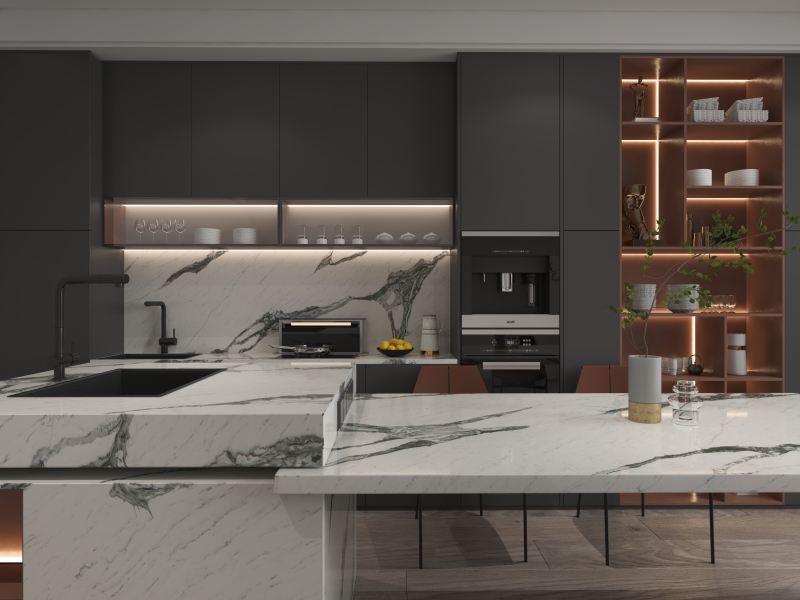
How versatile is quartz?
Quartz offers unparalleled versatility for any renovation project, whether for walls, backsplashes, countertops, or even flooring. As an engineered stone, it provides homeowners with a wide range of colors and styles to perfectly complement their space and create a personalized home environment.
What is the cost of PENGXIANG artificial quartz?
Typically ranging from $40 to over $100 per square Meter. But factors influencing the price include the chosen color, slab thickness, geographical location, and specific configurations chosen for installation.

